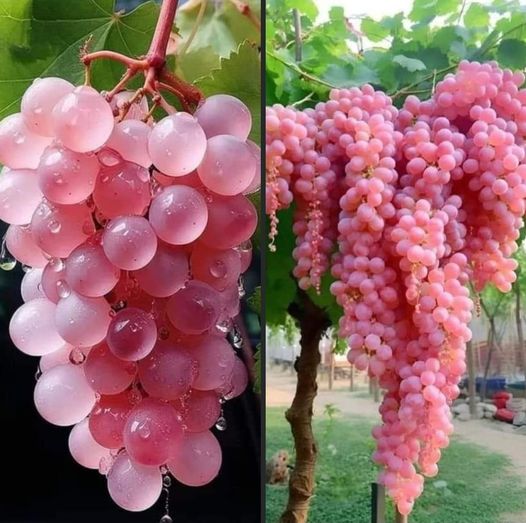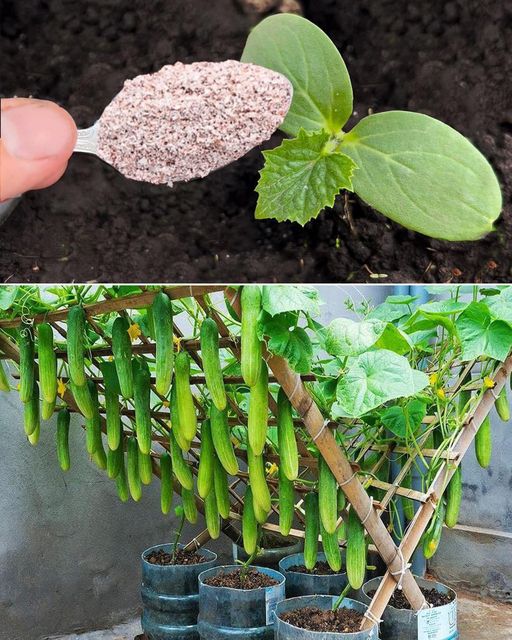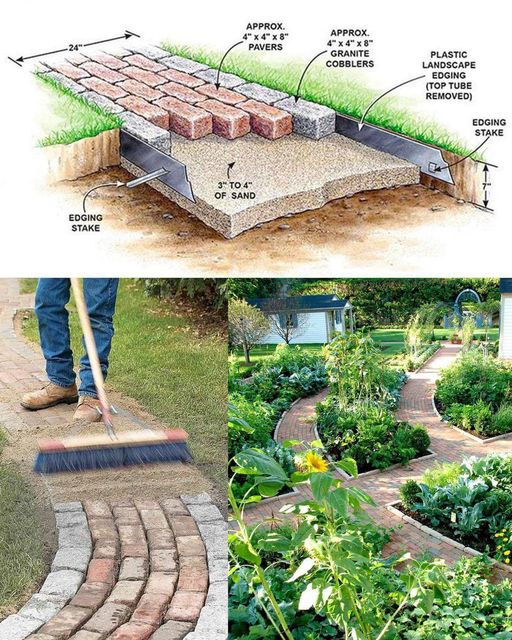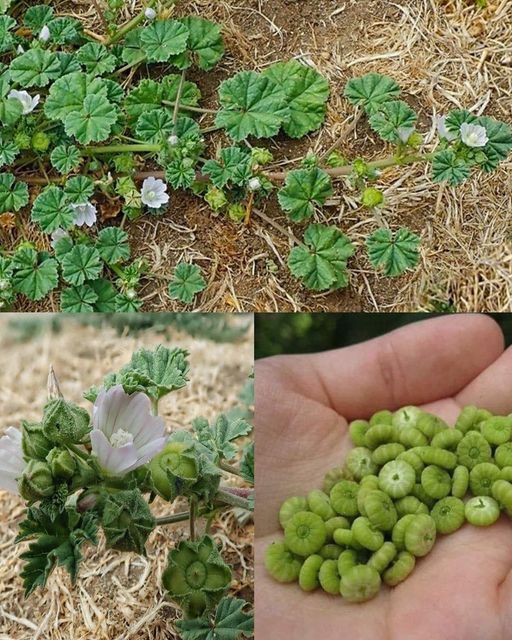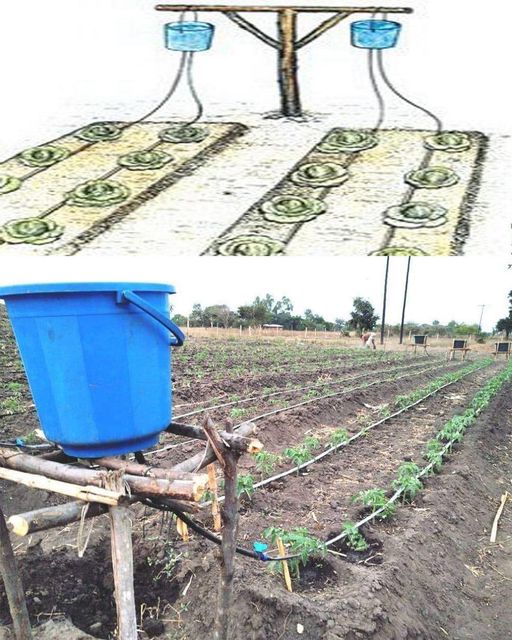Garden snails and slugs can wreak havoc on your garden, but you don’t have to resort to harmful chemicals to get rid of them. Here are seven safe and effective methods to manage these pesky pests, using everyday materials and eco-friendly practices.
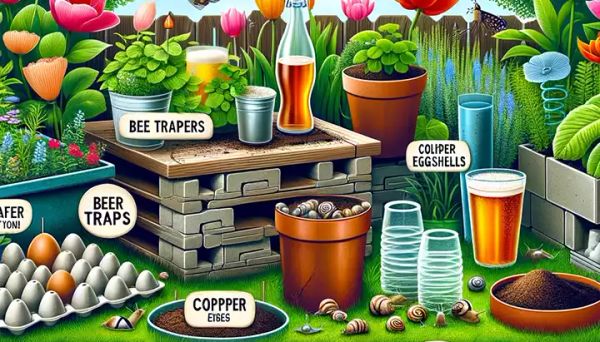
1. Handpicking
Handpicking is a simple yet effective way to control snail and slug populations in your garden. It’s as easy as picking them off your plants and dropping them into a bucket of soapy water to eliminate them.
Tips: Regular handpicking can significantly reduce their numbers over time. Be diligent and consistent for the best results.
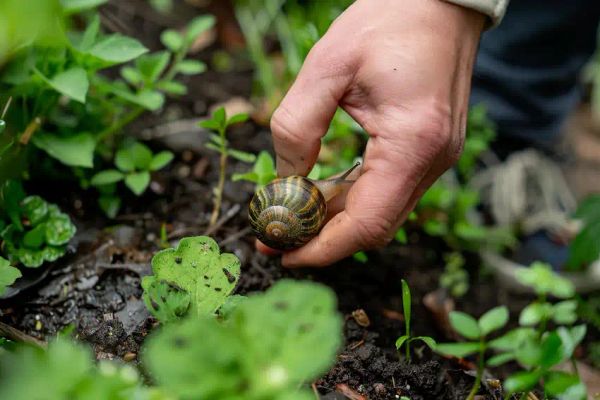
2. Beer Traps
Beer traps are a popular and humane method to attract and drown snails and slugs. Simply bury a shallow dish or container at soil level, fill it with beer, and the yeast will attract these pests. Check the trap daily and dispose of any caught snails or slugs.
Tips: Replace the beer every few days to keep it effective. Use multiple traps around your garden for better coverage.
3. Copper Barriers
Copper barriers create a mild electric charge that repels snails and slugs when they come into contact with it. You can apply copper tape or strips around the rims of pots, raised beds, or garden bed edges to keep them away.
Tips: Regularly clean the copper to maintain its effectiveness. Combine with other methods for better control.
Eggshells and Coffee Grounds
Eggshells and coffee grounds are natural deterrents that can help keep snails and slugs at bay. Crush eggshells and spread them around the base of your plants, and scatter used coffee grounds throughout your garden. The sharp edges and caffeine content are unpleasant for these pests.
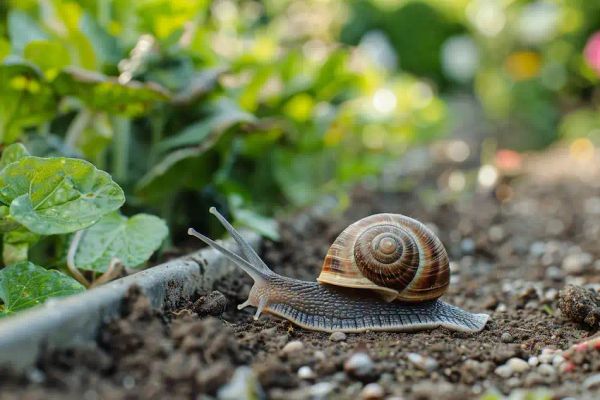
5. Diatomaceous Earth
Diatomaceous earth is a fine powder made from fossilized algae that dehydrates and kills snails and slugs upon contact. Sprinkle it around the base of your plants and create a continuous barrier to prevent them from crossing.
6. Natural Predators
Encouraging natural predators in your garden can help control snail and slug populations. Install bird feeders and baths to attract insect-eating birds, create a small pond or provide shelter for frogs and toads, and provide ground cover and mulch to create habitats for ground beetles.
Tips: Avoid using harmful pesticides that could harm these natural predators. Create a diverse and welcoming environment to attract a variety of beneficial wildlife.
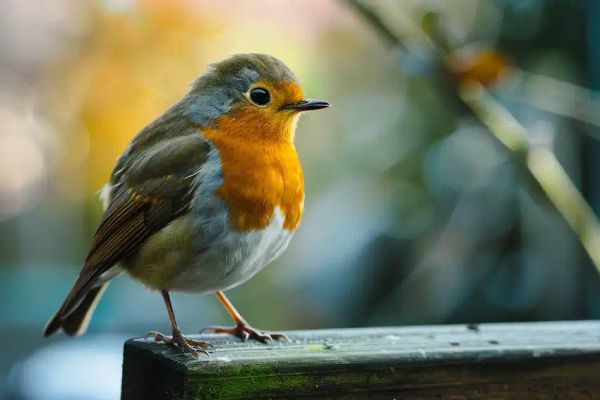
7. Barriers and Traps Using Everyday Materials
Using everyday materials like cement blocks and plastic bottles can effectively deter snails and slugs. Arrange cement blocks around your garden beds or cut plastic bottles into rings and place them around the base of your plants to make it difficult for these pests to climb.
Tips: Combine these barriers with other methods for comprehensive control. Regularly inspect and maintain the barriers to ensure they remain effective.
Managing snails and slugs in your garden doesn’t have to involve harmful chemicals. By using these seven safe and effective methods, you can protect your garden plants and maintain a healthy, thriving garden. So go ahead and give these eco-friendly options a try. Happy gardening and planting!
